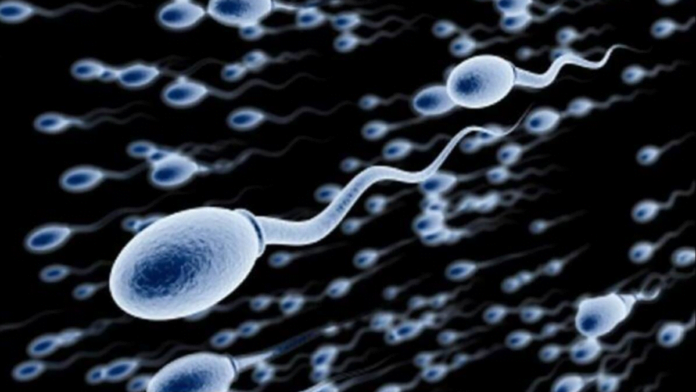In a recent study employing genetic sequencing, researchers have outlined the risk patterns of cancers in families of males generating fewer or no sperm.
Male infertility: Families of males with low sperm counts have a higher risk of cancer. They discovered that the chance of having malignancies of the bone and joint increased by 156% in families where there was no sperm production, and the risk of developing cancers of the thyroid, lymph, and soft tissue increased by 54%, 56%, and 60%, respectively.
In addition, the researchers, led by those at the University of Utah in the US, found that families whose male members were severely oligozoospermic, or had fewer sperm than 1.5 million per milliliter of semen—were 134% more likely to develop testicular cancer and 43% more likely to develop bone and joint cancer.
“Several distinct patterns of cancer risk were seen in the families of men with low fecundity, according to our research. Shared cancer risk patterns among family members indicate a potential genetic, environmental, or health-related phenotype.
Main author of the study published in the journal Human Reproduction, Joemy Ramsay, an assistant professor at the University of Utah, added, “Genetic and environmental exposures can also act together to increase cancer risk.”
To conduct the study, the researchers used data from semen analyses of 786 men who visited reproductive clinics in Utah, United States, between 1996 and 2017. These guys were matched to data from 5674 generally available fertile men (having at least one child).
Using a data analysis technique called cluster analysis, the researchers evaluated each family’s risk for numerous cancer kinds at the same time. This allowed them to find groupings of families that shared similar patterns of risk for many cancers.
Although earlier studies have demonstrated a connection between male infertility and a higher risk of cancer in both the male and the male’s family, the researchers noted that the results have been mixed, with significant variations in the risks of different cancer types among family groupings and depending on the specific kind of infertility.
According to Ramsay, this is the first study to identify these multicancer patterns in the families of males who are infertile.
The lack of data on the men’s other medical issues, their lifestyle risk factors (smoking and BMI), and their exposure to environmental risk factors among the subfertile males were among the study’s shortcomings, the researchers recognized.
Additionally, they pointed out that since the guys in the study were patients of a fertility clinic, it’s possible that they were a subgroup of all the men in the population who are infertile.



